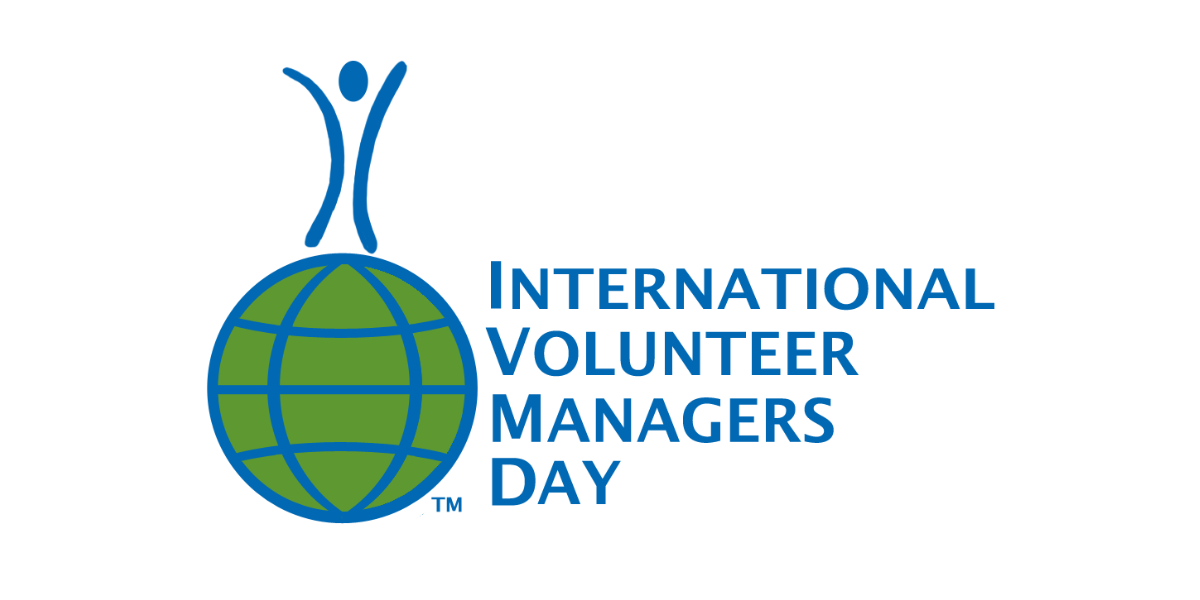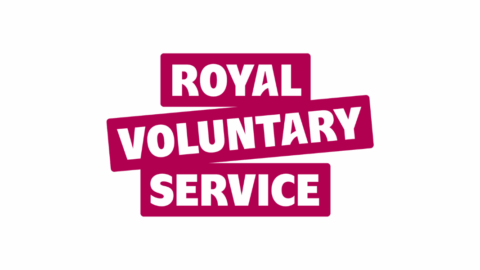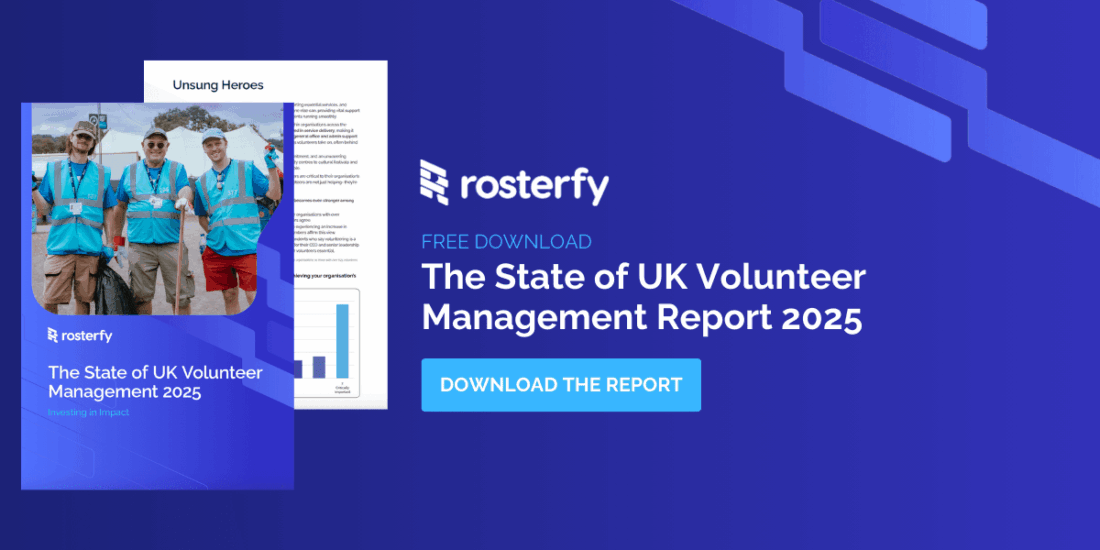by PMAC
As a volunteer manager, you dedicate your time and energy to supporting others, ensuring your team thrives while making a difference in the community. But have you stopped to think about your own wellbeing?
Managing volunteers can be rewarding, but it often comes with its own set of challenges—stress, long hours, and the emotional weight of caring for others. Taking care of your mental health isn’t just important for you; it’s essential for the people and projects you oversee.
Fortunately, there are some practical ways to prioritise your wellbeing while continuing to lead with purpose and compassion.
The Unique Challenges that Come with Volunteering as a Manager
Being a volunteer manager isn’t easy, and knowing the challenges is the first step to looking after your mental health. When you take care of yourself, you’re better able to support your team and make the positive impact you’re aiming for.
One big challenge is keeping your team motivated and organised. Volunteers often work part-time or on flexible schedules. Unlike employees, they don’t have to stick to specific tasks or hours. This can make things tricky when plans change, or people drop out at the last minute. For example, imagine planning an event and finding out half your team can’t make it. It’s frustrating, but it’s a reality many volunteer managers face.
Working with tight budgets is another stress point. Many charities run on minimal funding, which means you might wear multiple hats—organising events, managing people, and even fixing tech issues. All of this with limited tools and support. It’s a lot to handle, and it’s easy to feel stressed when there’s too much to do and not enough resources.
Then there’s the emotional side of the job. You’re often working with people who are going through tough times, whether it’s the volunteers or the people the charity supports. It’s meaningful work, but it can also drain you emotionally. For example, listening to someone’s struggles day after day can leave you feeling exhausted or even emotionally numb over time.
Setting boundaries is another challenge. You want to help everyone—your team, the organisation, and the people you serve. But saying “yes” to everything can leave you stretched too thin. Maybe you’ve stayed late to finish a project or taken on extra work because you didn’t want to disappoint anyone. Over time, this can lead to burnout.
Effective Strategies to Manage Your Stress
Managing stress is a big part of staying healthy and effective as a volunteer manager. Here are some practical strategies to help you handle stress and build resilience:
- Focus on Priorities: Tackle the most important tasks first. This helps you avoid feeling overwhelmed. Break big jobs into smaller, manageable steps so they’re less intimidating. For example, if you’re organising a big event, start by creating a timeline of key tasks. Use tools like to-do lists or digital planners to keep everything on track.
- Set Boundaries: It’s easy to overdo it when you’re passionate about your work. Protect your time by setting clear limits. Stick to regular working hours, delegate tasks when possible, and don’t be afraid to say no to requests that stretch you too thin. For instance, if someone asks for help outside your responsibilities, suggest an alternative that fits your schedule.
- Take Breaks: Give yourself time to pause during the day. Even a five-minute break to stretch or take a few deep breaths can help you recharge. Try mindfulness practices, like focusing on your breathing or doing a quick body scan, to feel more grounded and relaxed before diving back into work
- Look After Your Health: Keep your body and mind strong by sticking to healthy habits. Aim for regular exercise, eat balanced meals, and get enough sleep. Even small changes, like a short walk or swapping sugary snacks for something healthier, can make a big difference. When you feel good physically, you’re better equipped to handle stress.
Remember, taking care of yourself isn’t selfish—it helps you do your best work and support your team in the long run.
Seeking Support & Connectedness as a Volunteer Manager
Having a strong support system can make a huge difference to your mental health and resilience. Connecting with others who understand your role helps you feel less alone and gives you tools to manage stress and thrive.
One of the best ways to find support is through peer networks. Talking to other volunteer managers—whether at events, through online forums, or within your organisation—gives you a chance to share stories, swap tips, and get advice. For instance, hearing how someone else solved a tricky scheduling issue might spark ideas for your own situation. These connections can turn feelings of isolation into a sense of camaraderie, reminding you that others are walking a similar path.
Joining a professional network like the Association of Volunteer Managers (AVM) is a great way to build these connections. AVM membership gives you access to a welcoming community of like-minded professionals, industry events, and tailored resources. It’s a place where you can learn, grow, and lean on others who truly understand the demands of managing volunteers. Plus, the resources AVM provides can help you feel more confident and capable in your role.
Professional guidance is another valuable source of support. Supervision, coaching, or mentoring can help you develop your leadership skills and tackle challenging situations with confidence. For example, a mentor might guide you in setting boundaries to avoid burnout, or a coach could help you improve communication with your team.
Don’t forget the importance of emotional wellbeing. Talking to a counsellor or therapist can give you a safe space to work through stress, tough decisions, or any emotional strain you’re carrying. These professionals can help you build coping strategies that fit your needs, making it easier to navigate difficult times.
Lastly, it’s worth encouraging your organisation to support your wellbeing too. Ask about resources like mental health programmes, regular check-ins, or access to employee assistance schemes. When organisations prioritise mental health, it creates a culture where managers feel supported and valued.
Take Care of Yourself to Keep Making a Difference
Ultimately, by leaning on your peers, accessing professional guidance, and seeking organisational support, you can protect your mental health while excelling in your role.
About PMAC
PMAC is a UK based organisation of mental health & wellbeing trainers providing psychologically-informed workplace mental health training to businesses in the UK, helping to create a healthier and more productive working environment.





